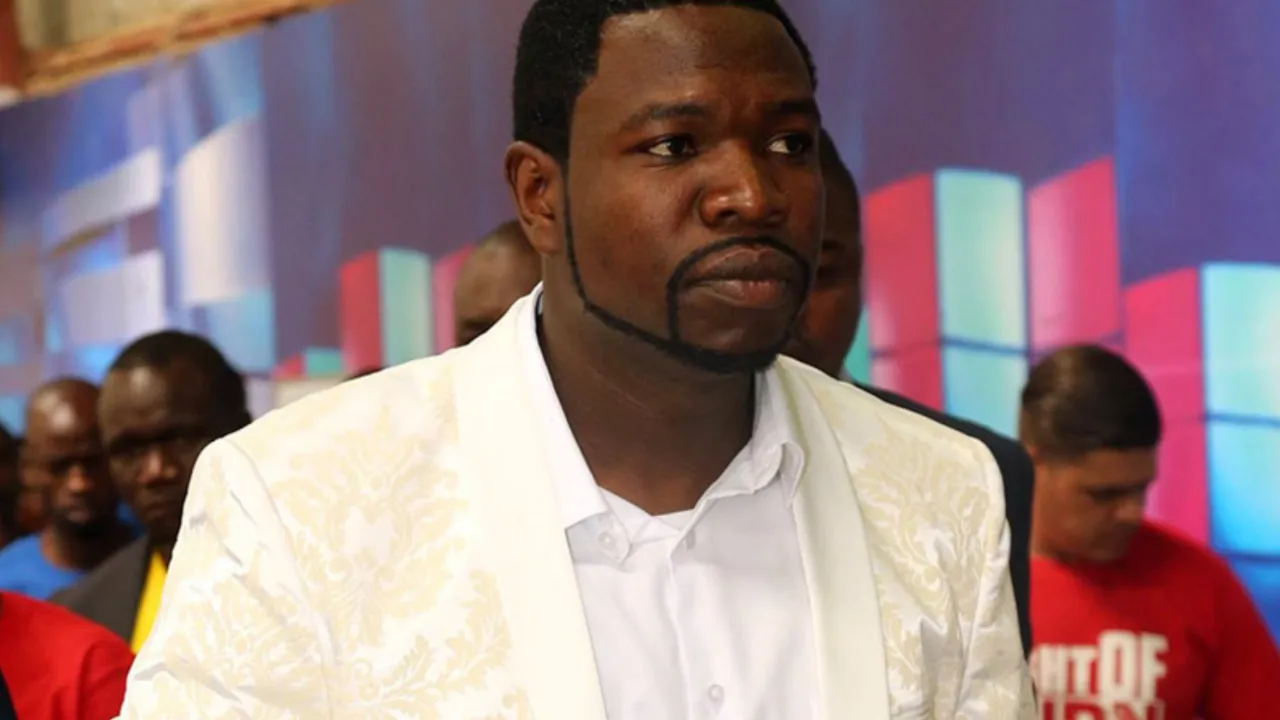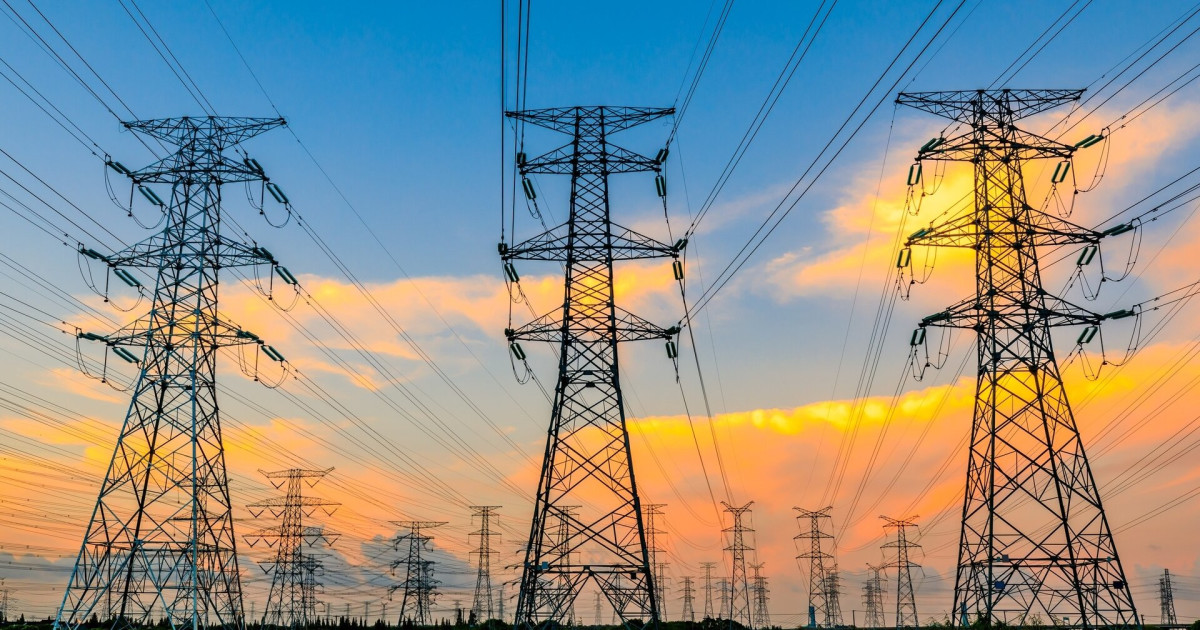Copyright zimeye

By James Gwati-The arrest and remand of charismatic preacher-businessman Walter Magaya has reopened scrutiny of corruption allegations that have shadowed senior figures from Zimbabwe’s G40 era — most notably former tourism and foreign affairs minister Walter Mzembi, who has been on remand for months on theft and related charges. Court papers and media reports show strands of overlap between the two men’s public roles and alleged transactions, and investigators are said to be examining whether the cases intersect. Magaya was arrested in early November 2025 in a police operation described by the Zimbabwe Republic Police as responding to multiple complaints that include allegations of rape and a string of fraud counts. He was remanded in custody as prosecutors formalised charges that, among other things, allege his companies sold non-existent residential stands and solicited investor funds that were not delivered. The remand papers summarise complainants’ payments and allege the accused “hatched a plan to defraud” congregants and other members of the public between 2016 and 2018. Mzembi, who returned to Zimbabwe from exile earlier in 2025, has been remanded on long-standing graft charges linked to his time as tourism minister. Prosecutors allege he improperly disposed of equipment procured for public World Cup fan parks (television sets), and converted some of that equipment to private use — including donations to churches — and that funds meant for the 2013 UNWTO event were misused. He has repeatedly denied wrongdoing; his legal defence has contested parts of the prosecutions while courts have, to date, refused certain applications to evade trial. A central factual point in the Mzembi case is the alleged disposal of large television sets procured for public viewing during the 2010 FIFA World Cup. Prosecutors’ papers and multiple media reports say 16 large TV screens, acquired by the ministry, were donated to churches and other private recipients without Treasury authority; the alleged recipients named in reporting have included churches led by Emmanuel Makandiwa and Walter Magaya. Those reports explicitly list Magaya’s Prophetic Healing and Deliverance (PHD) ministry among organisations that received screens. Several outlets and legal summaries that have tracked Mzembi’s court appearances note that investigators are still tracing the chain of custody and the ultimate beneficiaries of the equipment — a line of inquiry that naturally includes the churches that received the sets. Media analysis and commentary dating back years document these specific alleged donations as part of the case files. Magaya rose to national prominence during the mid-2010s. He became notably visible at events associated with the Mugabe presidency and Grace Mugabe’s public profile: in July 2015 he purchased a pictorial biography of First Lady Grace Mugabe for a reported US$50,000 at a high-profile fundraising gala — an act widely reported at the time and often cited as evidence of his closeness to the First Lady during the G40 ascendancy. Academic and journalistic accounts from that period describe Magaya as a public sympathiser of Grace Mugabe and as part of wider networks that benefited during that era. Walter Mzembi has been identified in contemporaneous and retrospective reporting as a senior figure in the Generation 40 (G40) faction that rallied around Grace Mugabe and several allies, including Saviour Kasukuwere. The faction’s political prominence (and subsequent fall after November 2017) is well documented; many G40 figures were later removed from office, went into exile, or were prosecuted in follow-up investigations. Magaya’s remand documents allege schemes around the sale or promised allocation of residential stands (plots) in multiple towns — a pattern that has long been present in Zimbabwean corruption reporting, where politically connected figures obtain or re-allocate urban land and residential plots. Saviour Kasukuwere, a prominent G40 leader and former minister who held the local government and housing portfolios (among others), has been a central figure in public controversies over land allocations and “stand” dealings dating to his ministerial tenure. Reporting and public records show Kasukuwere’s ministry oversaw substantial allocations and that questions about irregular land deals emerged around the same political period. Those histories are part of the context investigators examine when corruption or fraudulent land schemes are alleged. It is important to stress the difference between documented ministerial responsibility for local government and the specific criminal allegations in Magaya’s remand papers: the latter concern alleged misrepresentations by Magaya and his companies to purchasers who paid for stands that were never delivered. The historical role of Kasukuwere’s ministry in land allocations, however, is one of the structural backdrops that journalists and investigators consider when tracing how political access, land and patronage interacted in the G40 period. What investigators are reportedly exploring Court filings and media follow-up reporting indicate investigators are mapping financial flows, donation records and procurement files to establish whether: • the television sets (procured for public fan parks) were diverted, who authorised their disposal, and who received the equipment; and• funds or contracts tied to tourism events and other public procurements show a trail to private beneficiaries, intermediaries or business entities associated with G40 allies. Because media reports have repeatedly named Magaya’s PHD ministry as one of the churches that received TV screens, and because Magaya is now charged on fraud counts that include alleged land/stand scams, investigators appear to be checking overlaps between the Mzembi prosecutions and Magaya’s commercial activities. That scrutiny helps explain why commentators and legal analysts have suggested the two men could be questioned in connection with related matters and why some media raised the prospect of coordinated or linked prosecutions — while noting that formal indictments tying Magaya to Mzembi’s long-standing charges have not (as of the latest filings) been made public. Observers of Zimbabwean politics caution against a simple binary: prosecutions can reflect legitimate anti-corruption work, internal faction-cleansing, or both. The G40 purge that followed 2017’s political upheaval saw many allies sidelined; subsequent investigations and prosecutions have at times coincided with shifting intra-party alignments. Analysts and some political sources have framed the arrests of high-profile former allies as signalling that those once useful to the power centre may be targeted when they become politically inconvenient. At the same time, campaigners and victims demand accountability where there is evidence of financial and sexual misconduct. Reporting on both Magaya and Mzembi therefore sits at the intersection of law enforcement, factional politics and public interest. What remains unproven Two careful notes of caution: Receiving donated equipment is not, by itself, proof of criminality. Churches and other organisations commonly receive donations; the legal question is whether the equipment was lawfully disposed of and whether public funds were misused. Mzembi’s case hinges on whether he authorised improper disposal and personal diversion of public property. The fact that a church received equipment means investigators will ask who authorised the transfer and whether proper procedures were followed. Magaya’s remand charges and any linkage to Mzembi’s files are subject to proof in court. Media outlets report investigators are examining connections; prosecutors must present admissible evidence if they seek to join or link cases. At the time of writing, no public court judgment has found Magaya criminally responsible for actions tied directly to the World Cup/TV procurement chain. Magaya’s arrest and Mzembi’s ongoing remand revive a knot of allegations that stretch back to the G40 political moment and to public procurement controversies from the early 2010s. Court papers and credible reportage show (1) Mzembi faces prosecution over the alleged improper disposal of World Cup TV equipment and related procurement sums, and (2) Magaya — long visible in G40-era social and political networks and publicly associated with Grace Mugabe through high-value purchases — now faces separate fraud and sexual-offence allegations that include asserted land/stand scams. Because media and court records list Magaya’s ministry among recipients of large TV screens and because Magaya’s companies and trustees are named in fraud remand affidavits, investigators are logically checking for overlaps; whether that translates into joint indictments depends on evidence and prosecutorial decisions.



